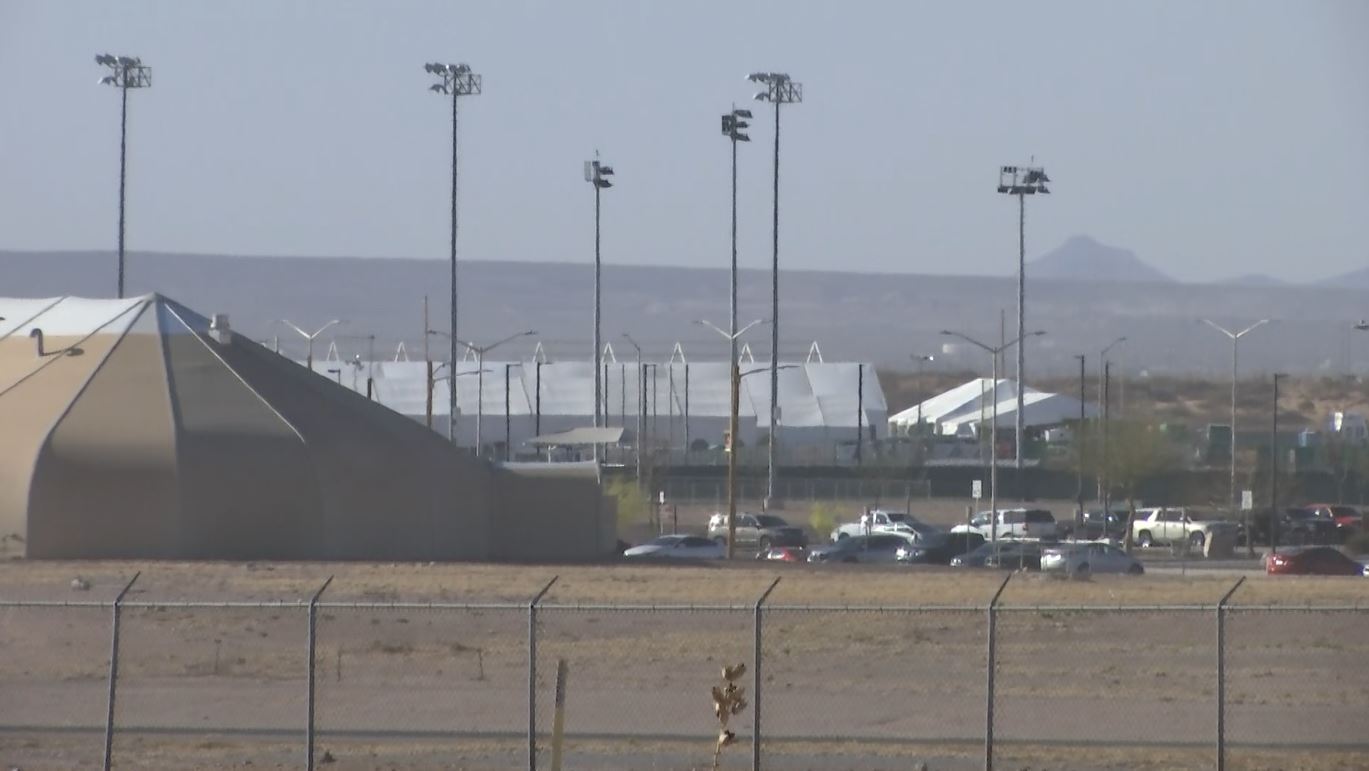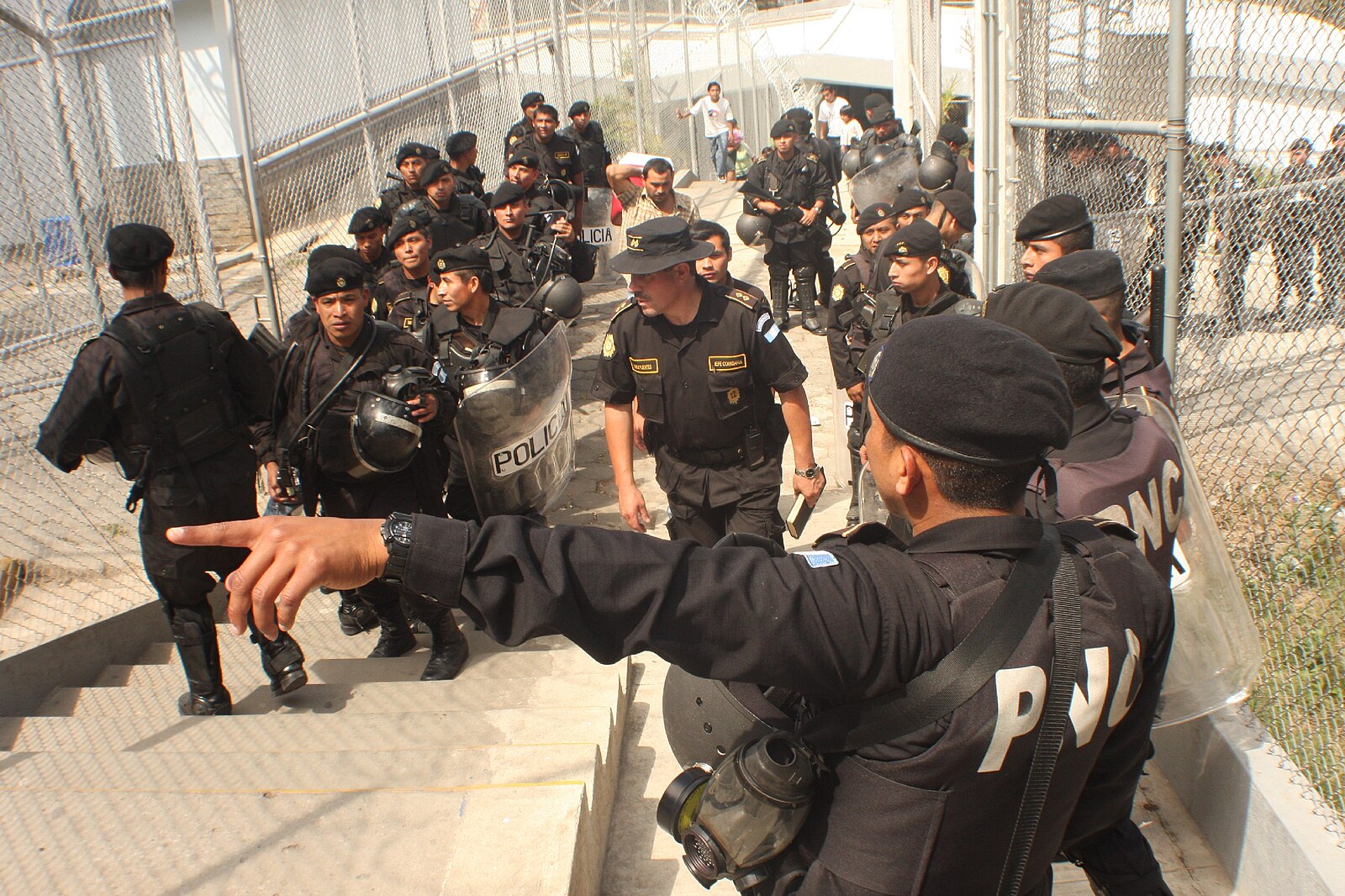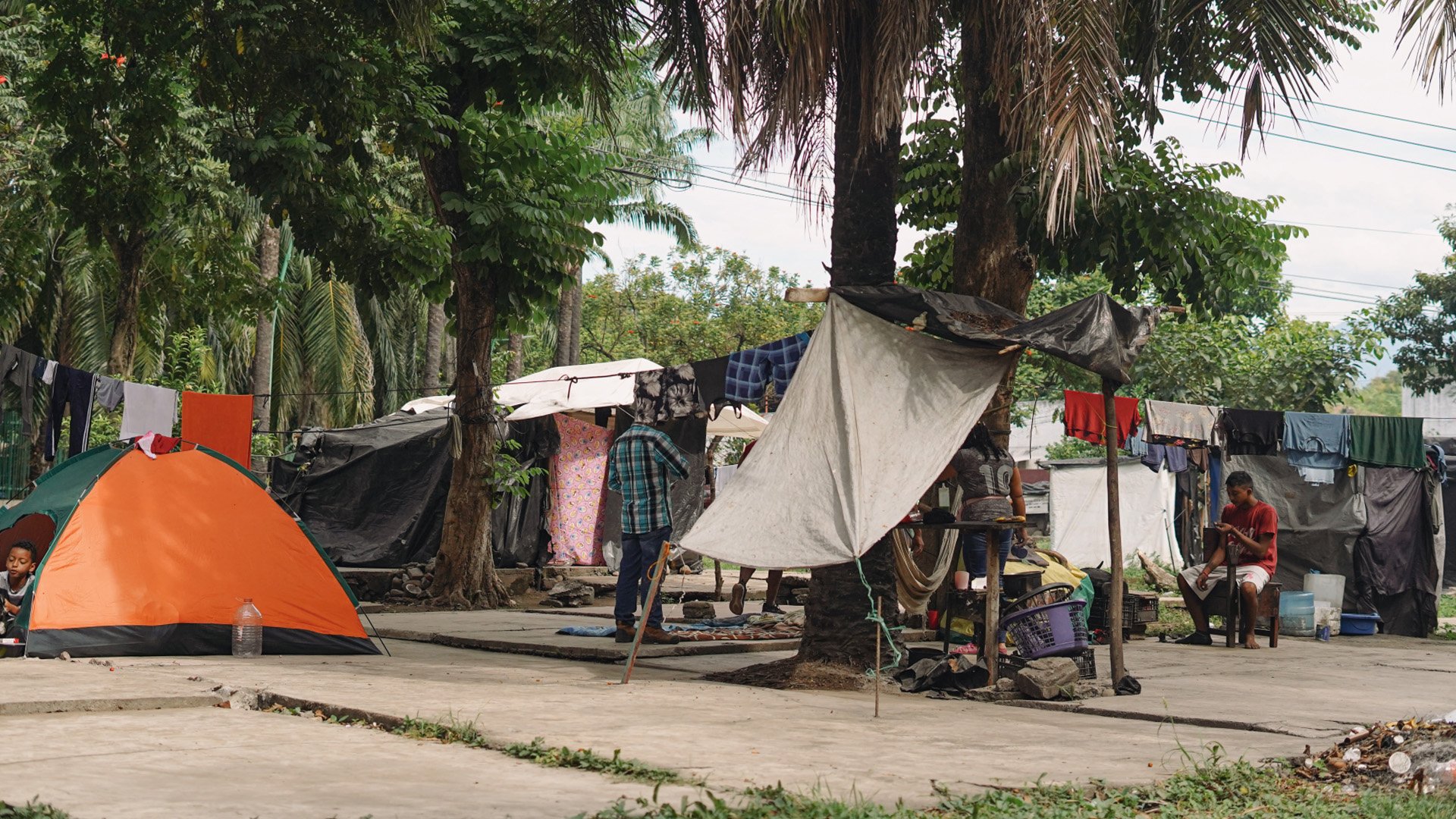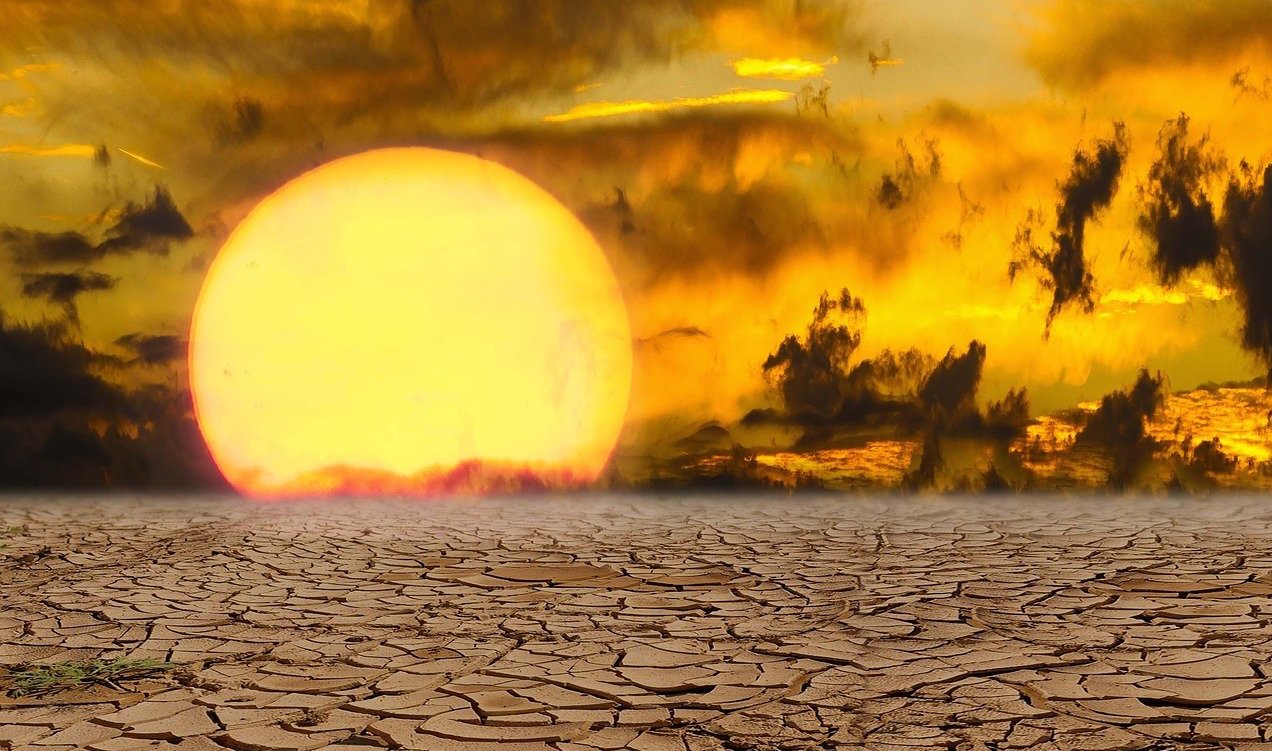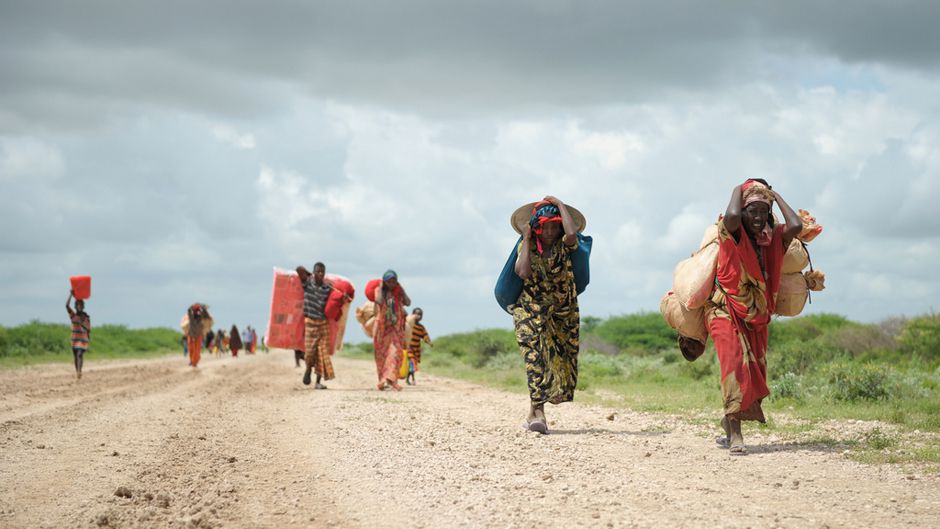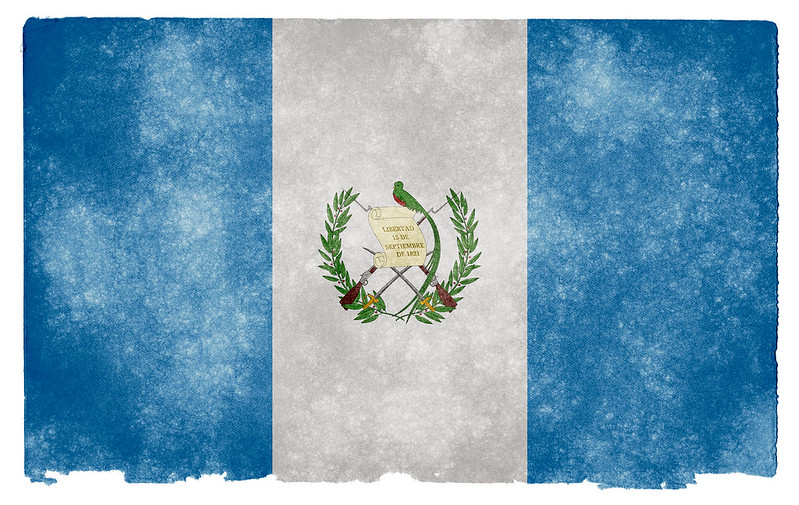
Guatemala declares national emergency
Guatemalan President Bernardo Arévalo declared a 30-day nationwide “state of siege” following a spree of gang violence that left nine police officers dead in the nation’s capital. The declaration was made unilaterally and currently awaits congressional approval. However, it will remain in place until a decision is reached. The recent killings are believed to be gang retaliation for state authorities retaking gang-controlled areas of three maximum-security prisons. The facilities had been taken over in a series of riots that saw over 40 guards taken hostage. The riots were reportedly a response to incarcerated gang members losing certain privileges in prison. (Image: Freestock via Flickr)



